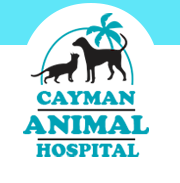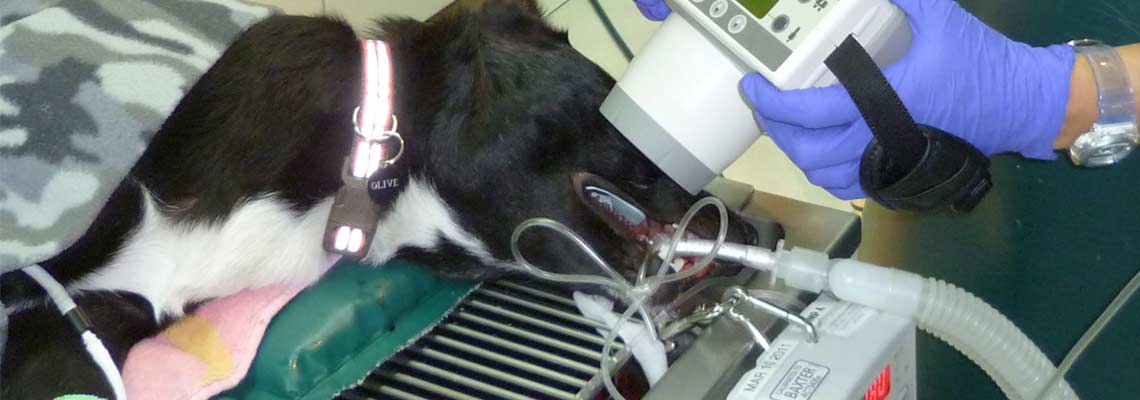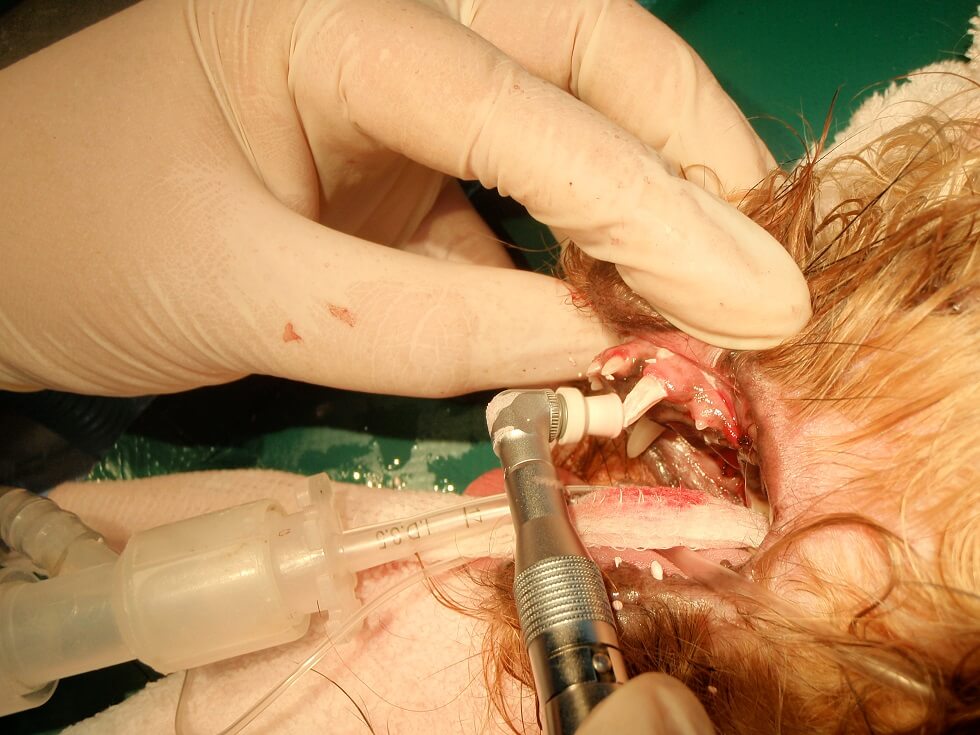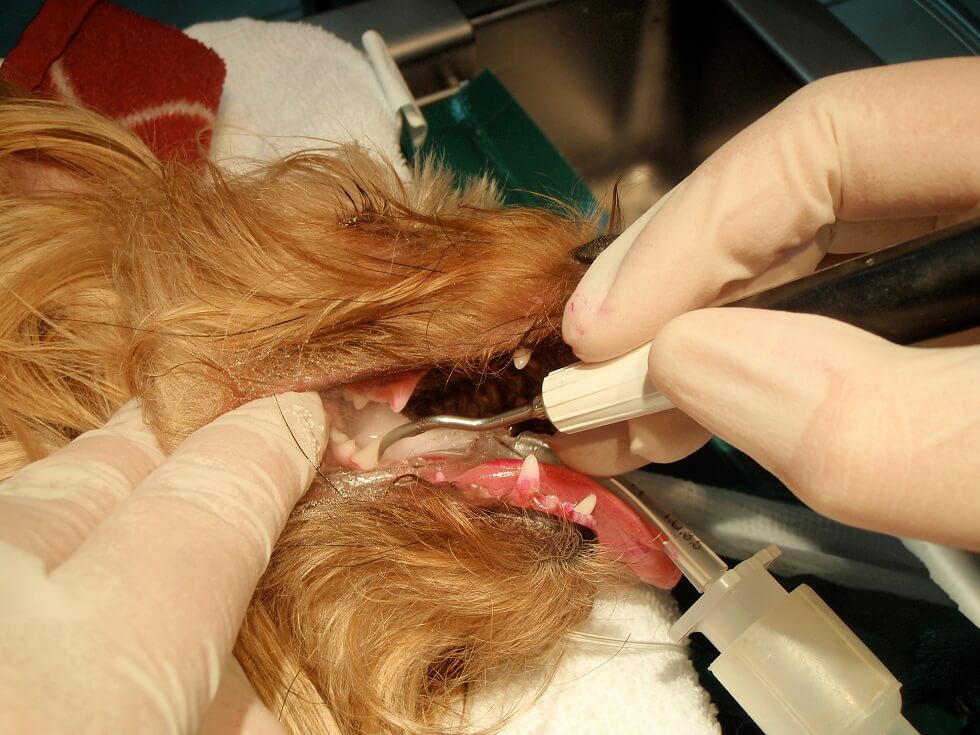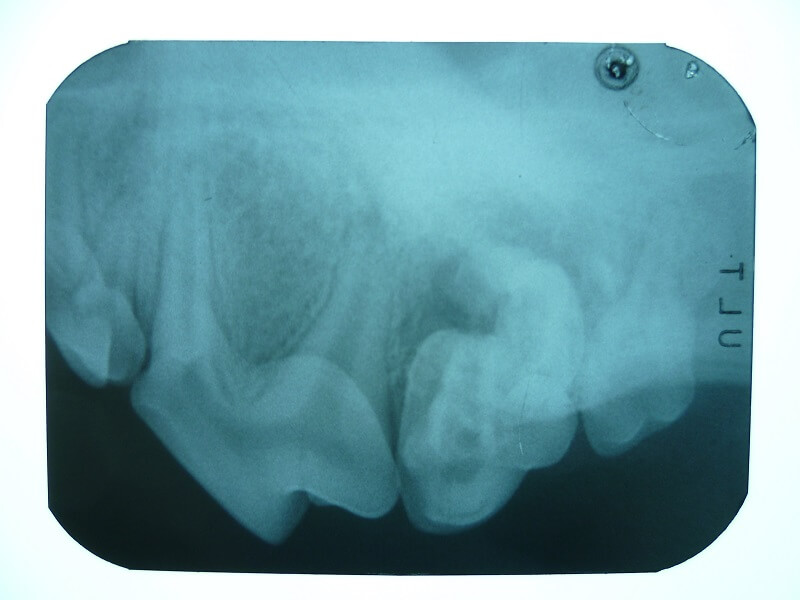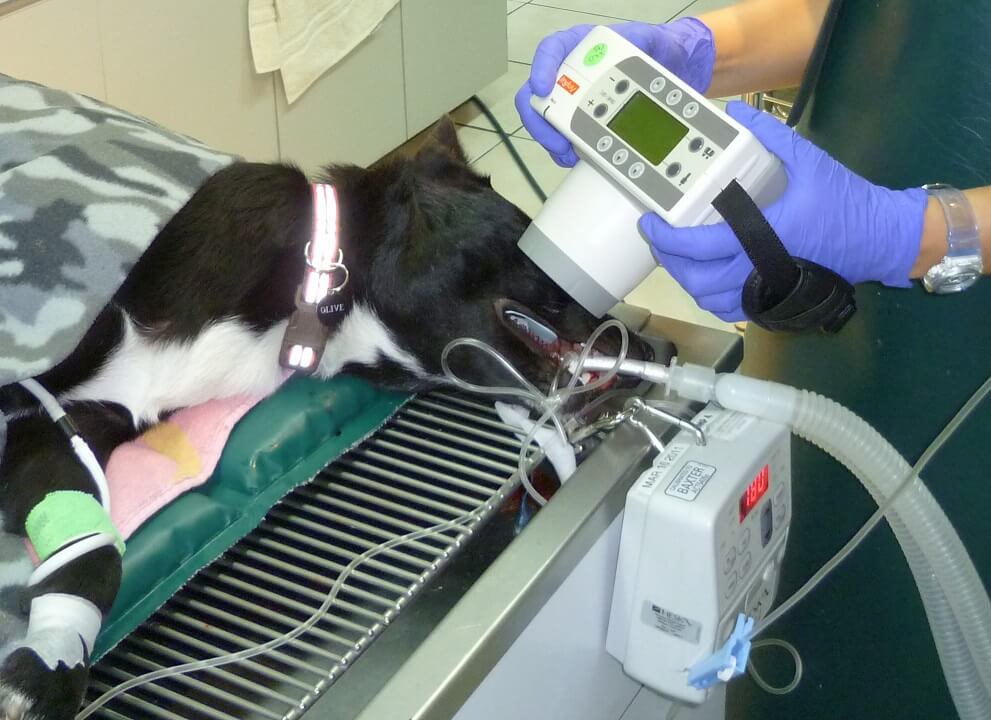One of the most commonly overlooked areas of maintaining a pet’s good health is oral and dental care. According to the American Veterinary Dental Society, 8 out of 10 dogs and 7 out of 10 cats are already showing early signs of dental disease by the age of 3 years. Because clean and healthy teeth and gums are essential to your pet’s health, Pet Medical Center recommends preventive care as the key to maintaining long-term oral health.
Poor oral hygiene leads to periodontal disease. Periodontal disease is caused by the accumulation of bacteria and plaque on pets’ teeth and gums. This accumulation leads to severe inflammation of the gums called gingivitis. As gingivitis progresses, gum recession, bleeding, deep infection, and eventually loss of the bone that supports the teeth will occur.
Preventable Problems
Because your pet cannot talk to you in words, you should look for some of the most common symptoms of poor dental health:
- Bad breath
- Oral pain
- Difficulty chewing or poor appetite
- Yellowish-brown discoloration of teeth
Oral disease does not just affect the mouth. As periodontal disease progresses, bacteria travel through the blood stream and can cause damage to the heart, kidneys, and liver. Infections in the mouth can go undetected for long periods of time. Once your pet shows symptoms, periodontal disease is already very advanced.
View a video on Dental Health.
Dental Care Is Part of Your Pet’s Regular Routine
Regular dental cleaning (both professional and home) can prevent the advancement of periodontal disease and contribute greatly to your pet’s long-term health. Numerous studies have tied oral health to longevity. Good oral health means that your pet’s life expectancy can be extended as much as 2 to 4 years. Preventive care has two components:
- Regular professional cleanings (prophylaxis) that we can do here at Cayman Animal Hospital
- Cleaning your pet’s teeth at home, which we will show you how to do
Complete, thorough professional cleaning in pets requires general anesthesia. We understand that this is a concern for pet owners and we are committed to the safety and well-being of your pet. We use only the most modern and safe anesthesia, tailored to your pet’s specific needs. All pets receive intravenous (IV) fluids, the vital signs are monitored closely, and appropriate pain medication is given to keep them comfortable.
Regular oral examinations by our veterinarians, critical for early diagnosis and treatment, are part of a complete physical examination that we recommend for all pets over the age of 1 year.
